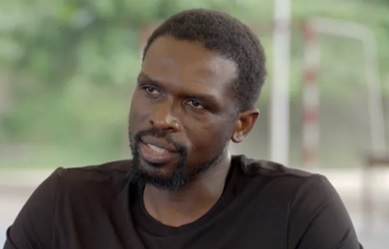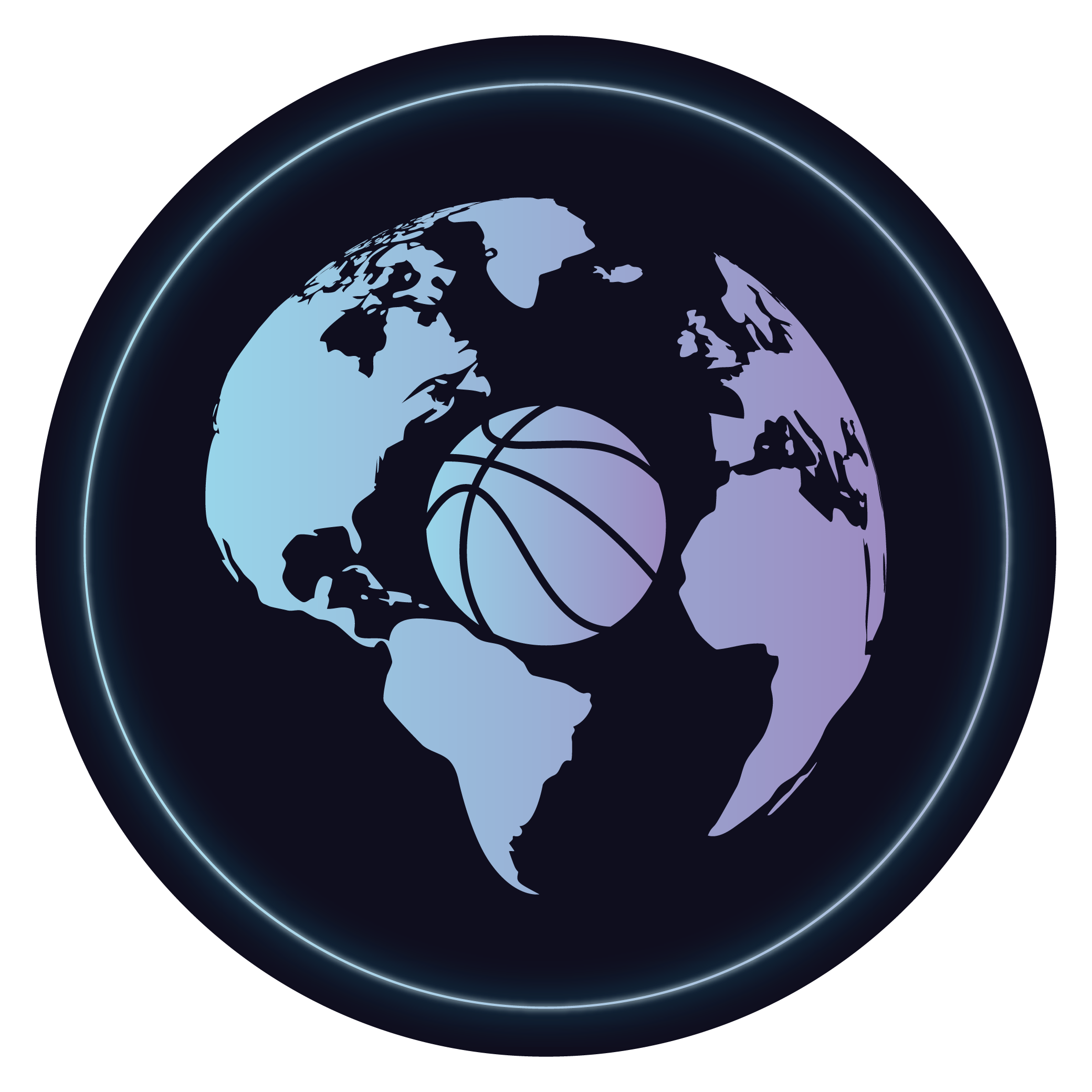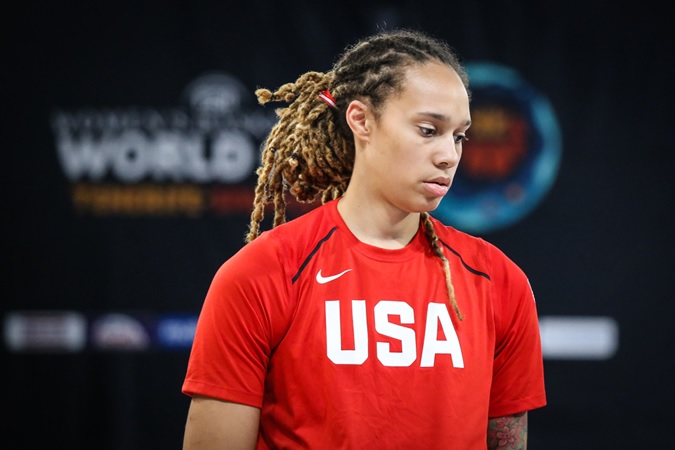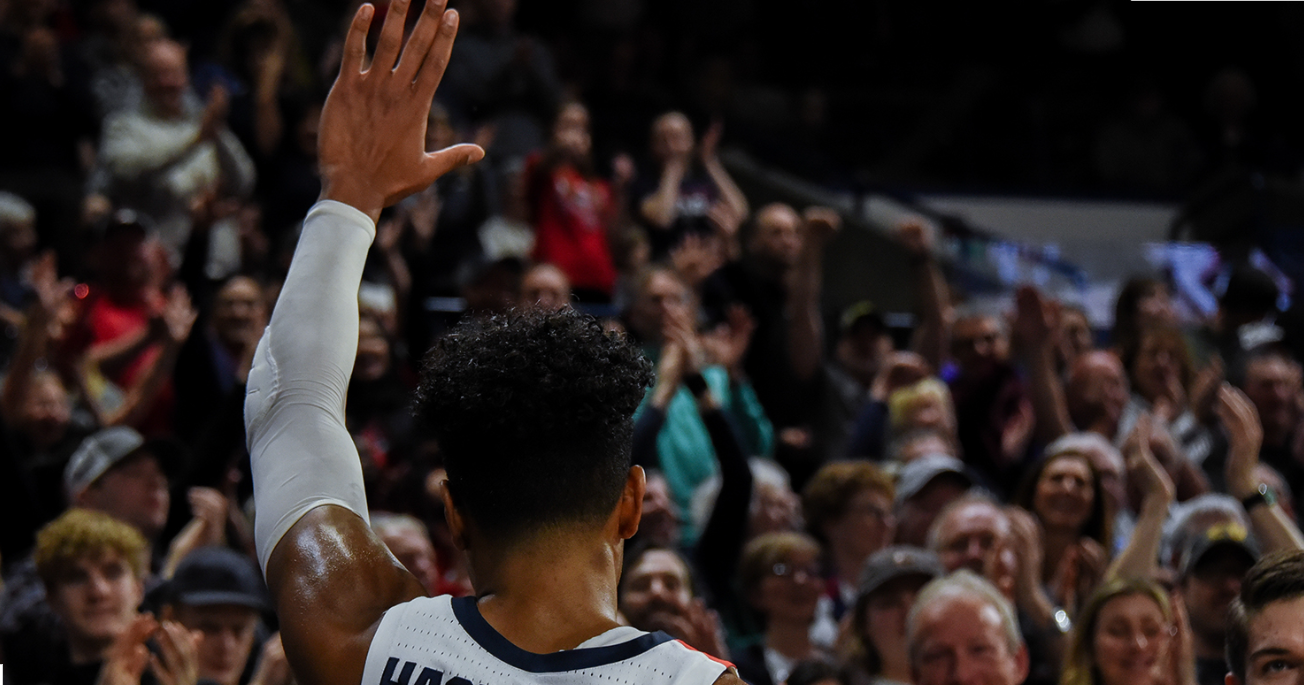
The world’s youngest and most underprivileged nation has gained entry into the Basketball World Cup.
The United Nations releases an updated version of the Human Development Index every year, which examines the income, health, and education levels of a nation’s citizens. This index is affected by per capita income, life expectancy, newborn mortality rate, and the ratio of literate to illiterate people. South Sudan was ranked last in the world in the previous two reports. The country competed with Burundi the previous year to avoid being named the world’s poorest nation. But in one of those occasional miracles that sports provide, South Sudan has just made it to the World Cup of basketball, which will take place in Japan, Indonesia, and the Philippines from August 25th to September 10th—a little paradise amidst the slums.
One of Africa’s five World Cup spots has gone to South Sudan. They topped their qualifying group with 11 victories in 12 games and defeated Senegal, Egypt, and Tunisia, three legendary African teams, 83-75. Their passport to the major tournament was sealed after their victory. South Sudan’s national basketball team, known as the Shining Stars, had just accomplished a remarkable feat that will certainly benefit the nation.
Until recently, South Sudan has had few good news stories, and basketball has just provided one. It is the world’s newest country. It gained independence on July 9, 2011, six years after a conflict with neighboring Sudan. But there was no peace after the split. This civil war between people who are not acknowledged in the media started in 2013 and grew to be the longest in Africa in a nation with many different ethnic groups. Even if minor conflicts are still reported today, they ended in 2020.
Four Million Evacuees
As if the fighting did not generate enough drama, the nation experienced a catastrophic famine in 2017. Due to the combination of this issues, four million of the city’s under 11 million residents have been relocated. Amidst these social, political, and economic concerns, the significance of South Sudan’s basketball accomplishment is enhanced.
Throughout his 15 NBA seasons and 902 games played, Luol Deng, a 37-year-old retired player, played for the Chicago Bulls, Cleveland Cavaliers, Miami Heat, Los Angeles Lakers, and Minnesota Timberwolves. He was chosen as the Federation’s president in 2019 and now serves as the national coach. One of his eight siblings, Ajou Deng, serves as his assistant. They are all familiar with the experience of being refugees.
Deng’s father sent the family to Egypt as they fled the conflict. This is where Luol met Manute Bol, a Sudanese basketball legend who rose to fame at 2.31 meters, making him the tallest player in NBA history (tied with Romania’s Gheorghe Muresan). This African giant was the one who rekindled Luol’s love for basketball by instructing and guiding him.
Before Luol, at 14 years old, received a scholarship to play at a school in New Jersey, the Deng family relocated to London. After his admission to Duke University, the Bulls selected Luol in the 2004 NBA Draft. In addition to becoming a member of the finest defensive quintet of the 2011–12 season and an Olympian with Great Britain in the London Games, he would go on to play in two All-Star games and leave a lasting legacy of professionalism and dedication wherever he went. With that said, the nation he had to flee as a child was always at the front of his mind.
The 2.06-meter sprinter never forgot his origins. In 2005, he established The Luol Deng Foundation and has consistently supported Basketball Without Borders campuses, which aim to introduce basketball to underserved areas. He has always contributed to South Sudan’s rehabilitation by building homes and fostering the nation’s growth. He was recognized for his humanitarian efforts in 2008 with an award from the United Nations Refugee Agency. Even former US President and Bulls supporter Barack Obama gave his work high marks.
Basketball for Peace
Deng is now attempting to use basketball to advance peace. The team’s triumph seems to have done that, as celebrations have replaced ethnic clashes. It has been complex. He is the one who covered his travel expenses. Additionally, some international players, such as Kur Nyok Kuath, who plays for Ourense in the LEB, play in Australia, while others attend American and European institutions.
The players’ physicality has contributed to the unexpected World Cup qualification. Six of the twelve in the most recent call-up stood taller than 2.05 meters, with the shortest being 1.94 meters. One of the world’s most elevated ethnic groups, the Dinka, accounts for much of the international population. Among them was Manute Bol. His son, Bol Bol (2.18), is a Magic player. The Lakers’ center, Wenyen Gabriel (2.06), is also among them. These two athletes have the potential to be part of the South Sudanese miracle during the upcoming World Cup.



